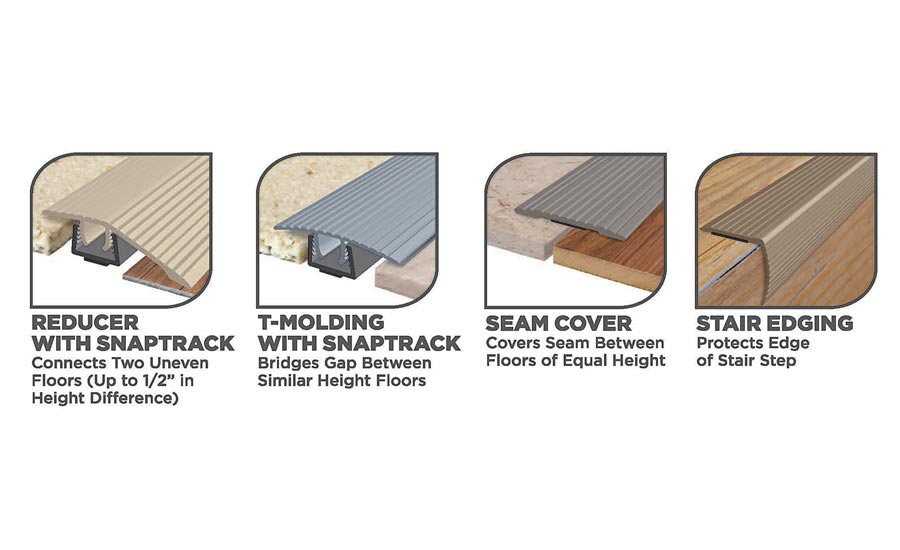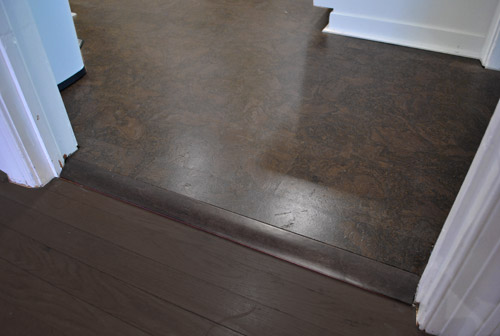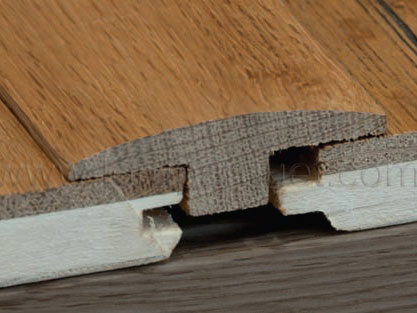Plan the flooring installation so that a 1 1 8 inch gap between the two floor coverings occurs between the stops on the doorjamb.
How to keep floor transition t molding down.
The easiest transition piece to recognize is the t molding because of its distinctive t profile shape.
T molding is used to join flooring transition from one flooring material to another or as edging along the end of flooring.
Typically homeowners have the option of.
T molding is trim used to create a smooth transition between two different styles of floorboards often laminate or wood.
Ifloor shows you how to install a t molding between your floors or in doorways between two types of flooring.
Stair nosing is the most common transition molding used in installations.
Commonly used transition moldings.
Most t molding available is made of plastic composite or other synthetic materials although natural wood t molding is available.
Laminate flooring is one of the least expensive floor coverings available.
When positioned between the stops the transition strip won t.
In some cases weight may have to be applied to the molding to keep it in contact with the adhesive until it cures.
Installing flush transitions with a floating floor flush transition moldings are commonly used to complement nailed down or glued down wood floors.
How to install laminated flooring transition molding.
T moldings are used to create a transition between two floors of equal thickness.
Often referred to as a floating floor because it does not attach to.
For example in a room that s running over 40 feet in length we recommend a transition molding to divide the floor and introduce an expansion gap hidden by the t molding within a reasonable distance.
This fine molding takes your flooring down a ledge with style by providing a rounded drop.
Any floor longer than 40 feet 12 2 meters should have an expansion gap and this is where a t molding would do the job.
Stair nosing is available in flush and overlap and should be chosen depending on installation method.
Long runs of hardwood floors need to allow for expansion and contraction.
Although the most common transition for t molding is doorways another function of t molding is joining hardwood floors in large areas.










